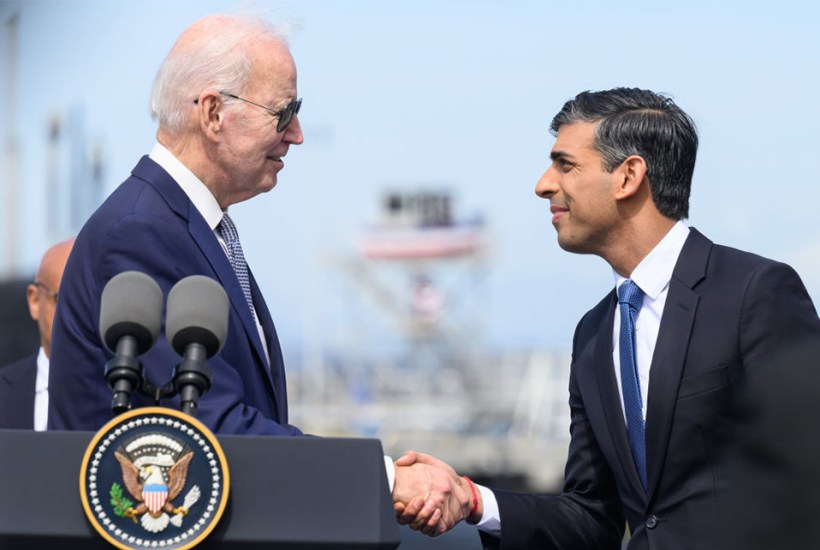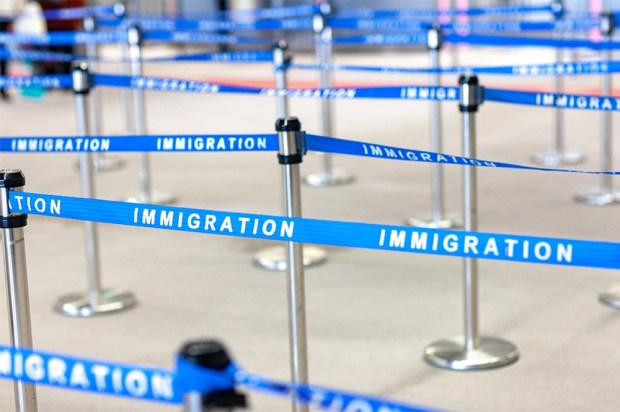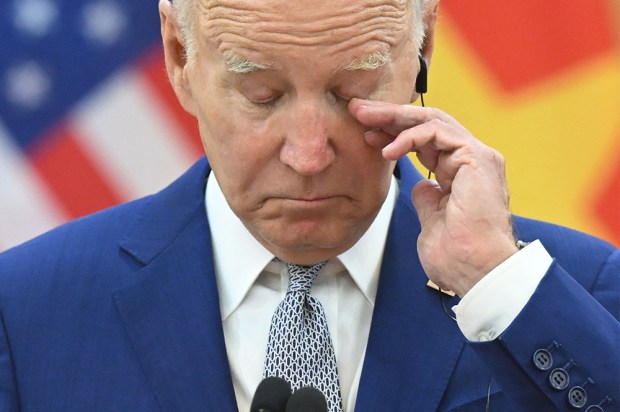You can tell a lot about a president’s politics by his foreign visits. Joe Biden’s decision to skip King Charles’s coronation in favour of a fly-by visit to Belfast and three days in the Republic of Ireland gave an indication of his priorities. Biden presents himself at home as an Irish-American with a charmingly unserious hostility towards Britain: ‘The BBC?’ he told a reporter after his election victory in 2020.
Already a subscriber? Log in
Subscribe for just $2 a week
Try a month of The Spectator Australia absolutely free and without commitment. Not only that but – if you choose to continue – you’ll pay just $2 a week for your first year.
- Unlimited access to spectator.com.au and app
- The weekly edition on the Spectator Australia app
- Spectator podcasts and newsletters
- Full access to spectator.co.uk
Or
Unlock this article
You might disagree with half of it, but you’ll enjoy reading all of it. Try your first month for free, then just $2 a week for the remainder of your first year.














Comments
Don't miss out
Join the conversation with other Spectator Australia readers. Subscribe to leave a comment.
SUBSCRIBEAlready a subscriber? Log in